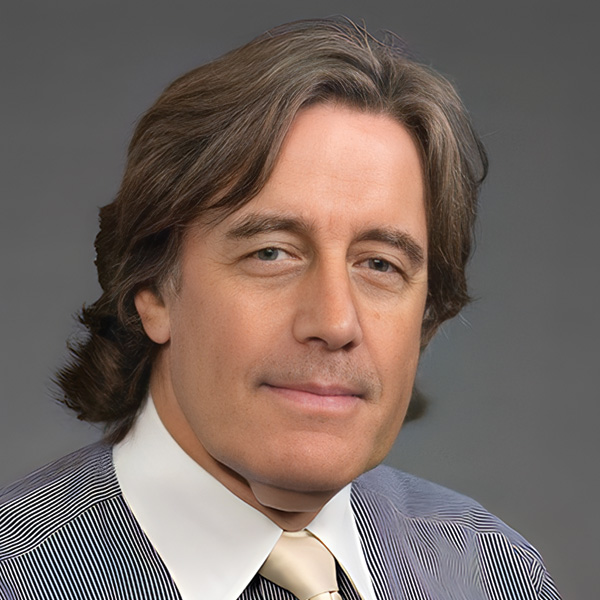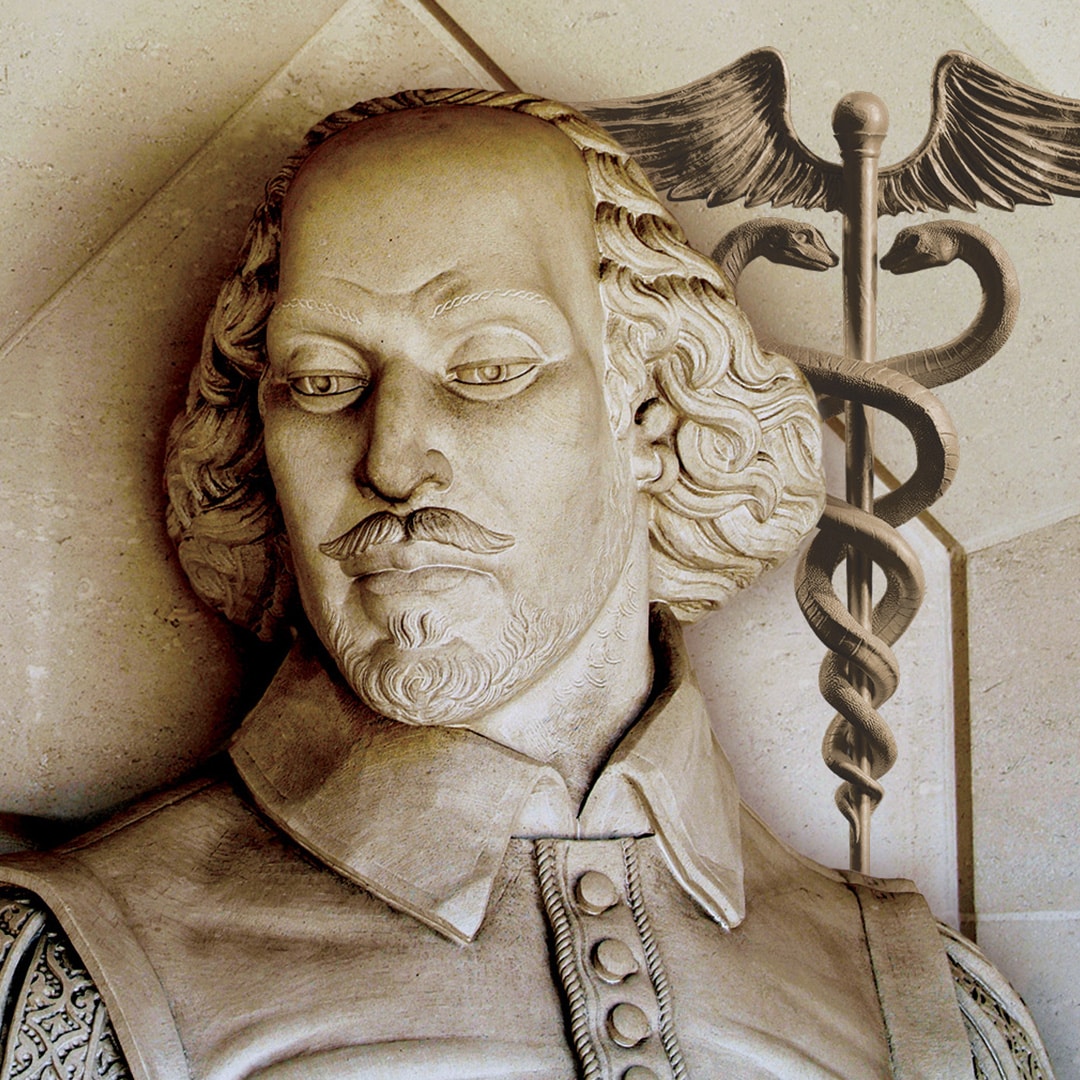Paracelsus, ‘above the Roman Celsus’
Wandered through the dark ages of Europe
Medicine’s Renaissance Man, without much fuss
Dismissed scholastic practitioners of hope
Not stars nor planets that control the body
No old wives remedies of infusions and dung
But nature’s own healers, earthly not godly
Gently ease wounds, liver and lung
Revered and dismissed with equal force
Both Expurgatorius and a saint
Alchemy, homeopathy all in his course
Cured those of heavy heart or faint
But this physician could not heal himself
Dying young, with royalty-fed wealth
Backstory
Paracelsus, formally known as Philippus Aureolus Theophrastus Bombastus von Hohenheim, was born towards the end of 1493 in Switzerland. He moved with his father to Austria when very young and took up interests in minerology and medicine. This was during the later stages of the ‘Middle Ages’, when science and medicine had been grossly neglected for centuries. He travelled through much of central Europe, hoping to be enlightened by the masters at top universities, but was singularly unimpressed. He appears to have ‘qualified’ in medicine, but disagreed with most theories and practices, and so set off on his own journey to help heal the sick. He thought very highly of himself and gained experience in practical aspects of medicine by working among sick and injured people across Europe, especially by harnessing the ‘forces of nature’ and dismissing the unproven use of many medicaments and salves. He was revered by many but despised by key people. His reputation was ultimately restored after the publication of his book Der grossen Wundartzney in 1536 and his many contributions to the care of wounds. He effectively dragged the practice of medicine in Europe through the end of these dark times, with wide-ranging influences on alchemy, homeopathy and psychiatry as well as medicine and surgery. He was eventually treated very well by nobility, but died while relatively young under conditions that were not clearly understood.



